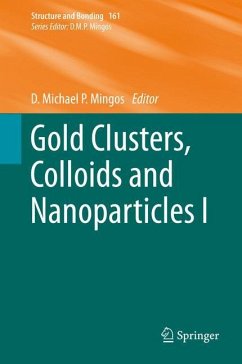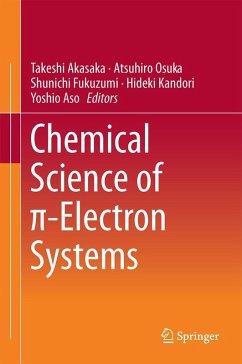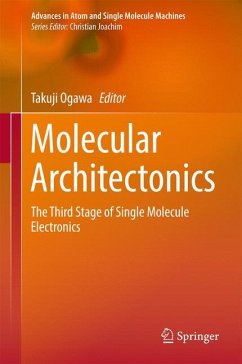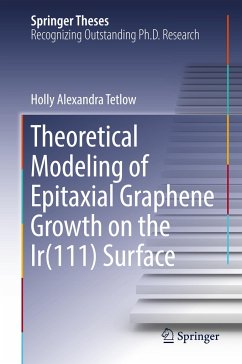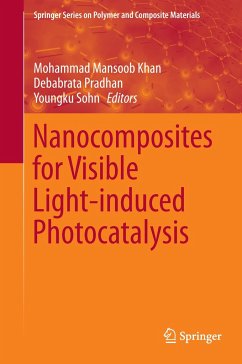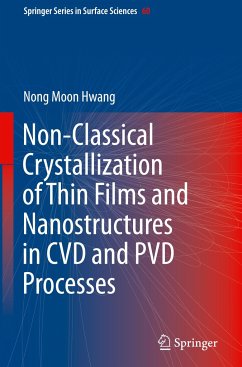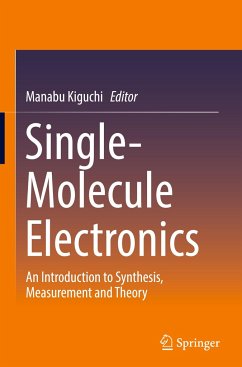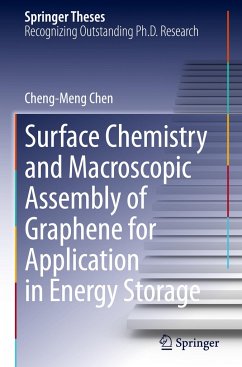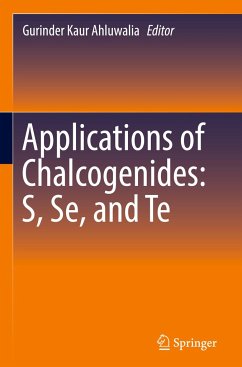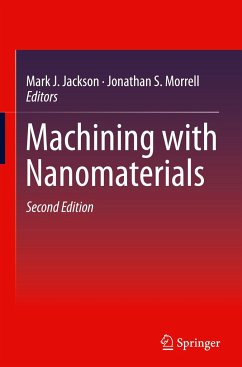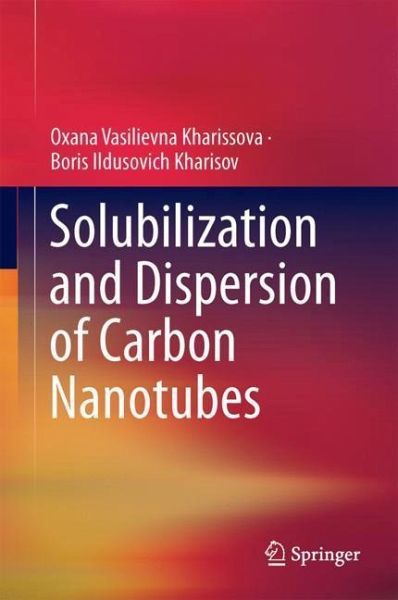
Solubilization and Dispersion of Carbon Nanotubes

PAYBACK Punkte
57 °P sammeln!
This book describes a series of contemporary techniques and their combinations used for CNTs solubilization, from physical to chemical and biological, applying inorganic and organic compounds, as well as some metal complexes. In some cases, successive steps can be applied, for instance the use of low and high-weight surfactants, or mineral acid treatment for creation of -OH and -COOH groups and their further interaction with organic molecules. Each discussed method leads to an improvement of CNT solubility, frequently a considerable one. The formed dispersions can be stable for long periods of...
This book describes a series of contemporary techniques and their combinations used for CNTs solubilization, from physical to chemical and biological, applying inorganic and organic compounds, as well as some metal complexes. In some cases, successive steps can be applied, for instance the use of low and high-weight surfactants, or mineral acid treatment for creation of -OH and -COOH groups and their further interaction with organic molecules. Each discussed method leads to an improvement of CNT solubility, frequently a considerable one. The formed dispersions can be stable for long periods of time, from several weeks to some months, and they sometimes even remain stable after centrifugation. Several special studies have been carried out in the areas of influence of solvent and light on CNTs dispersibility, combinations and abilities of surfactants, CNT cytotoxicity, etc. Applications of solubilized CNTs are discussed in this book as well.





